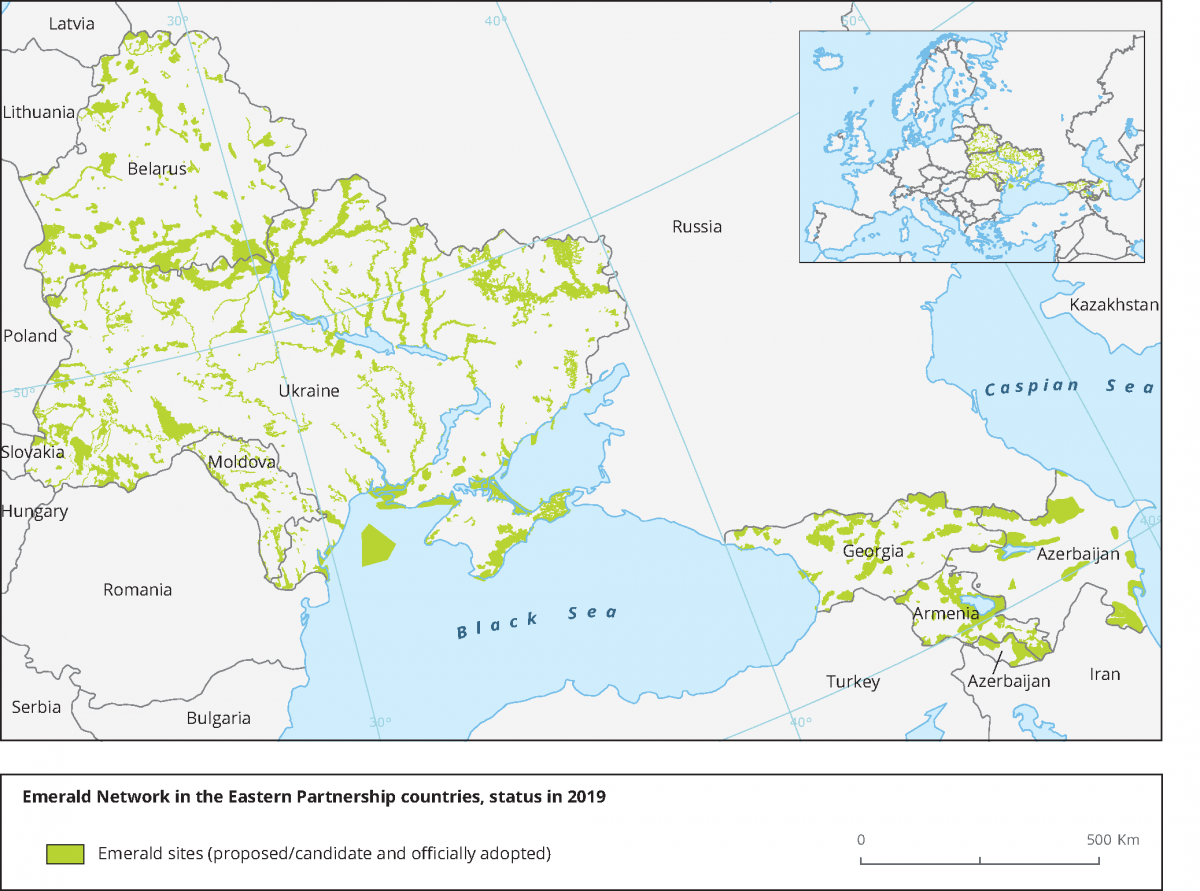Here is the most important news associated with the automotive industry identified by the AEA for the week of March 22, 2021 – March 28, 2021. We hope it helps you stay up to speed on the key developments in our industry: -Automotive Executives Association (AEA) News- The AEA is excited to open our unique… Continue reading Top Automotive Industry News for Week of March 22 – March 28, 2021
Category: Other
EU Europa: PUB Collecting real-world data on the CO2 emissions and fuel consumption of new cars and vans000019
The real-world fuel and energy consumption of new cars and vans will be collected as of 2021 under a new Implementing Regulation adopted by the Commission yesterday. This data will make it possible to monitor the gap between type approval and actual CO2 emissions, and will provide a better understanding of how vehicles perform under… Continue reading EU Europa: PUB Collecting real-world data on the CO2 emissions and fuel consumption of new cars and vans000019
Top Automotive Industry News for Week of November 2 – November 8, 2020
Here is the most important news associated with the automotive industry identified by the AEA for the week of November 2, 2020 – November 8, 2020. We hope it helps you stay up to speed on the key developments in our industry: -Automotive Executives Association (AEA) News- The AEA is excited to open our unique… Continue reading Top Automotive Industry News for Week of November 2 – November 8, 2020
Protected areas in the Eastern Partnership countries
Map 1. Emerald Network in the Eastern Partnership countries, status in 2019 Note: All sites, both proposed and adopted, are included in the map.Source: Country submissions to the Bern Convention via the EEA’s Reportnet (accessed May 2020). Download map here. During the informal ministerial dialogue between Eastern Partnership countries and the EU, held on 5 July 2015 in… Continue reading Protected areas in the Eastern Partnership countries
sustainability transition in europe
The EEA Web CMS works best with following browsers: Google Chrome (recommended) Firefox Internet Explorer is not recommended for the CMS area. Go to Source
Geodatabase
The link address is: https://cmshare.eea.europa.eu/s/SHY7YfseYKQ693i Permalinks Go to Source
Neque porro quisquam est qui dolorem ipsum quia dolor sit amet, consectetur, adipisci velit
Duis tortor leo, ultrices non pretium in, tristique eget massa. Curabitur porta felis placerat dolor pharetra, id suscipit justo blandit. Duis pellentesque varius mauris, eu tincidunt elit. Pellentesque porta turpis et erat aliquam rhoncus. Morbi ac rhoncus urna. Interdum et malesuada fames ac ante ipsum primis in faucibus. Proin tellus ex, lobortis eget vestibulum quis,… Continue reading Neque porro quisquam est qui dolorem ipsum quia dolor sit amet, consectetur, adipisci velit
The Great Acceleration data (dataset URL is not available)
This website has limited functionality with javascript off. Please make sure javascript is enabled in your browser. External Data Spec Published 04 Dec 2019 1 min read The Great Acceleration data (October 2014) Provider: International Geosphere-Biosphere Programme Dataset URL: http://www.igbp.net Dataset path: Full supplementary data available from www.igbp.net or by contacting the authors: Go to… Continue reading The Great Acceleration data (dataset URL is not available)
International Geosphere-Biosphere Programme
This website has limited functionality with javascript off. Please make sure javascript is enabled in your browser. Organisation Created 04 Dec 2019 1 min read IGBP was launched in 1987 to coordinate international research on global-scale and regional-scale interactions between Earth’s biological, chemical and physical processes and their interactions with human systems. IGBP views the… Continue reading International Geosphere-Biosphere Programme
European Floods Database
This website has limited functionality with javascript off. Please make sure javascript is enabled in your browser. External Data Spec Published 22 Nov 2019 1 min read This database addresses one of the key building blocks towards an improved understanding of flood processes and associated changes in flood characteristics and regimes in Europe: the development… Continue reading European Floods Database



